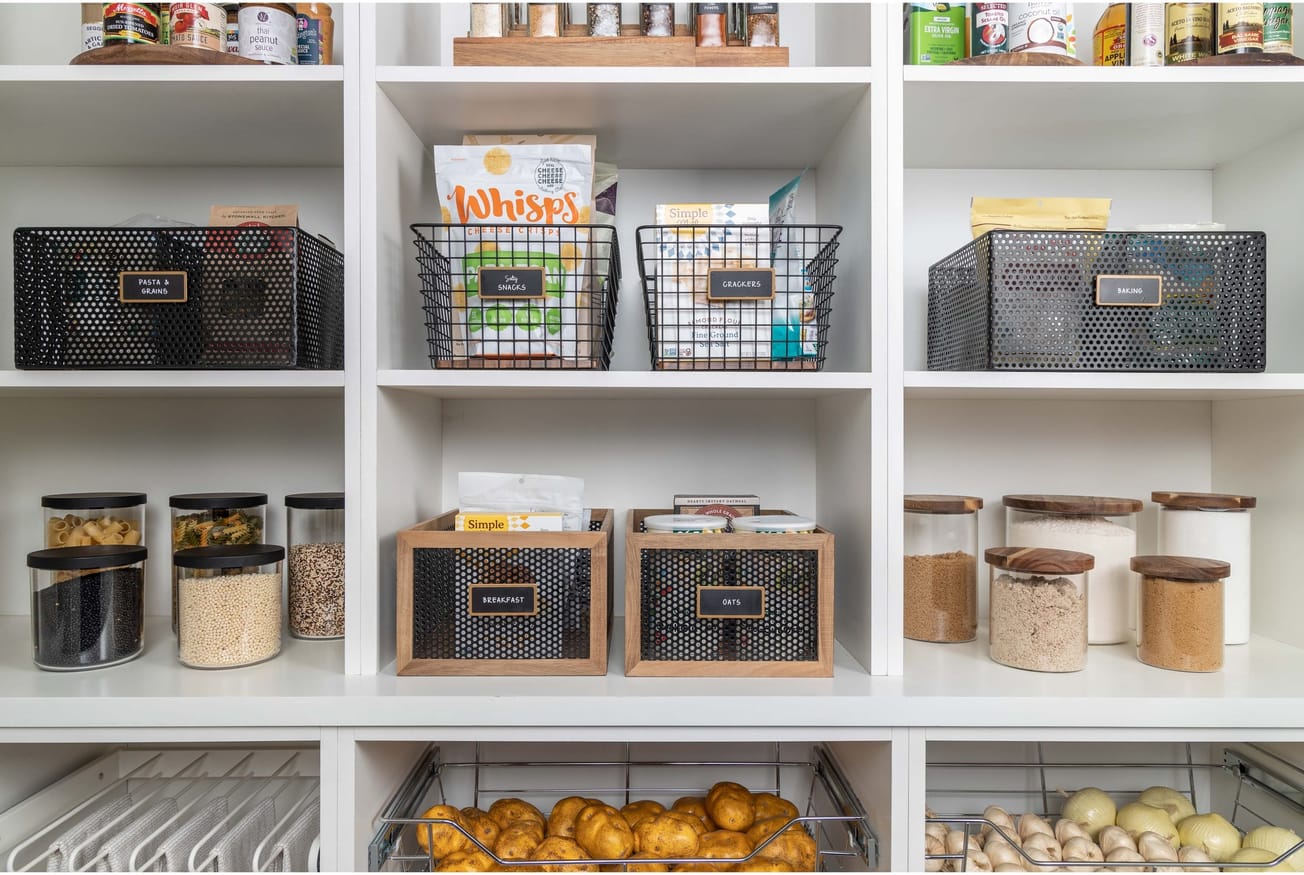“It’s the most wonderful time of the year,” the famous holiday song proclaims. Holiday lights twinkle, music fills the air, and family and friends gather for celebrations. But for many, the holiday season isn't so wonderful. It can be a time when sadness, stress, or loneliness arises. If this sounds like you, you're not alone.
Around 64% of people with mental health conditions report that the holidays worsen their symptoms. It's easy to see why. We’re bombarded with images of perfect celebrations, which can create a disconnect between how we think we should feel and how we actually feel. Heightened expectations are difficult to manage, especially if you're already struggling emotionally.
Financial pressures add another layer of stress — buying gifts or hosting gatherings can feel overwhelming. If you're already facing mental health challenges, the holidays can amplify those feelings. Anxiety or depression may intensify during this time. Holidays can also serve as a painful reminder of a lost loved one. An empty seat at the table, their favorite holiday song, or old traditions can bring feelings of grief.
Even if you don't experience serious depression, you might face the “holiday blues.” This temporary sadness or anxiety is often triggered by the stress of planning, gift-giving, or stressful family dynamics, which can be challenging for those with strained relationships.
Managing Holiday Blues:
Set Realistic Expectations — Remember, no holiday is perfect. Focus on enjoying the moments instead of aiming for perfection.
Budget Wisely — Plan your spending to avoid financial stress. Thoughtful gifts don’t need to be expensive.
Reach Out — Feeling lonely? Connect with friends, family, or community groups. Volunteering can also offer a sense of connection.
Self-Care — Make time for yourself. Whether it’s reading or walking, prioritize activities that help you recharge.
In addition to holiday pressures, colder weather and shorter days can lead to sadness. You might be familiar with Seasonal Affective Disorder (SAD), but what is it? SAD is a type of depression that typically occurs in late fall and winter. Many people experience SAD due to reduced sunlight in winter. This lack of light affects your circadian rhythm — your internal clock — and can lower serotonin levels, a chemical that stabilizes mood. It’s more than just feeling down because of cold weather. It’s a clinical condition that can severely affect your mood and energy. Symptoms of SAD include losing interest in activities, sleep issues, feeling hopeless, changes in appetite, and social withdrawal. Winter can feel like an emotional marathon for those with SAD, with no end in sight.
Managing Seasonal Affective Disorder (SAD):
Light Therapy — Using a light therapy box can help reset your circadian rhythm, boosting mood and energy levels.
Get Outside — Even on cloudy days, natural light helps. Spending time outdoors daily can lift your spirits.
Exercise Regularly — Physical activity can improve your mood and energy.
Stay Connected — Keep up social activities and stay in touch with friends and family.
General Depression: A Broader Picture
While holiday and seasonal depression are tied to specific times, general depression, or Major Depressive Disorder (MDD), can occur at any time. It’s a serious mental health condition that affects how you feel, think, and handle daily life.
General depression can be caused by various factors. Biological influences such as genetics, brain chemistry, and hormones can contribute, along with environmental factors such as stressful life events or trauma. Personality traits like low self-esteem and being overly self-critical also increase the risk.
Key symptoms include:
•Persistent sadness or anxiety
•Loss of interest in activities
•Changes in appetite or weight
•Trouble sleeping or oversleeping
•Fatigue or low-energy
•Feelings of worthlessness or guilt
•Difficulty concentrating
•Thoughts of death or suicide
Managing General Depression:
Seek professional help — therapy and medication can be effective in treating depression. Don’t hesitate to reach out to a mental health professional.
Build a support network — surround yourself with supportive people. Talking about your feelings can help.
Self-care — regular exercise, a healthy diet, and adequate sleep are crucial for mental well-being.
Mindfulness and relaxation — techniques like meditation and yoga can reduce stress and improve mood.
Jaime Angelini, Statewide Director of Suicide Prevention and Crisis Response for the Mental Health Association in New Jersey (MHANJ), emphasizes that depression is common but treatable. She encourages early recognition and seeking help, noting that stigma can prevent people from getting the support they need. “When it comes to mental health challenges, the sooner you reach out, the better the outcome. If symptoms of depression last for two weeks or more, it's important to talk to someone you trust — whether it's a family member, friend, or healthcare provider,” says Angelini.
Angelini also recommends taking an online mental health screening at Mental Health America (screening.mhanational.org), a quick and easy way to check in on your mental health. Sharing your results with a healthcare professional can lead to a full assessment and better options for feeling well again.
MHANJ is a statewide nonprofit dedicated to helping individuals and families affected by mental health issues and substance use disorders. They offer free support services and resources. You can reach MHANJ’s Call Center at 1-866-202-HELP (4357) for help and information.









